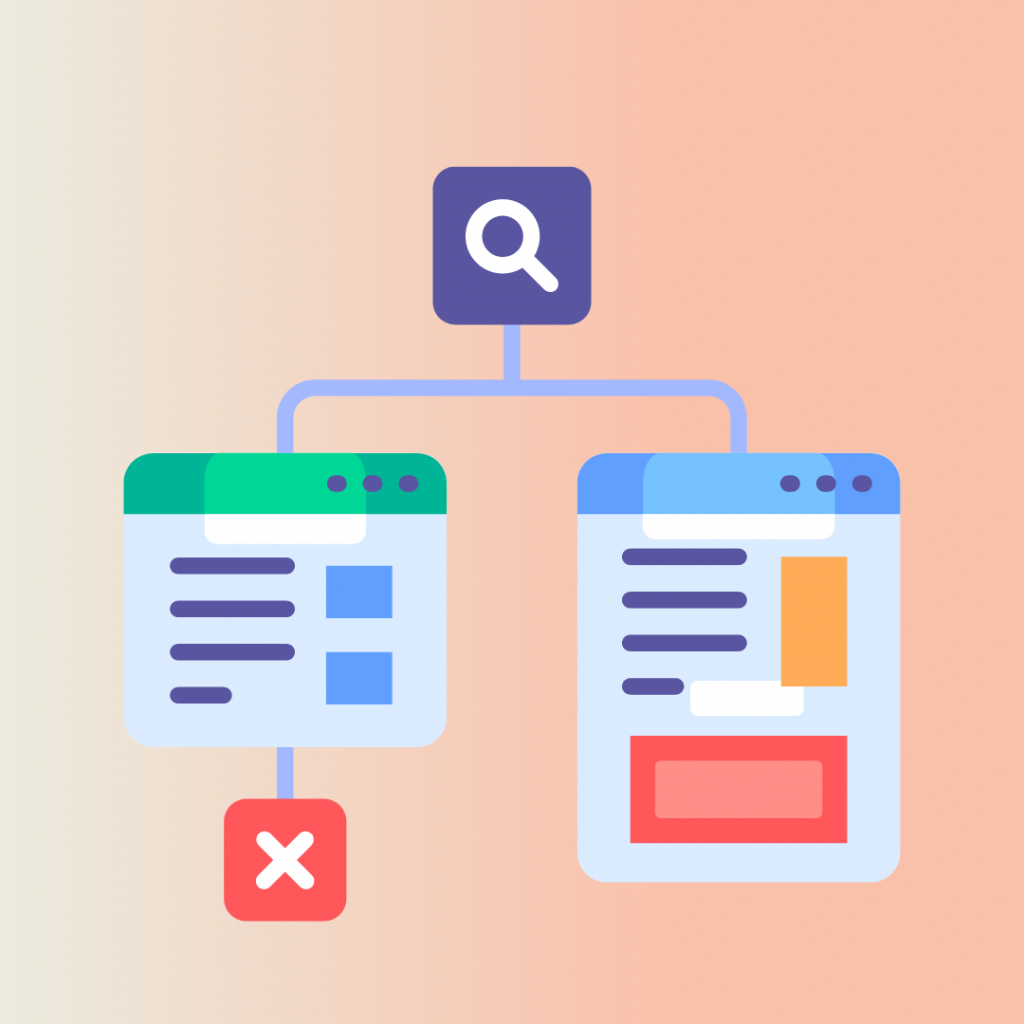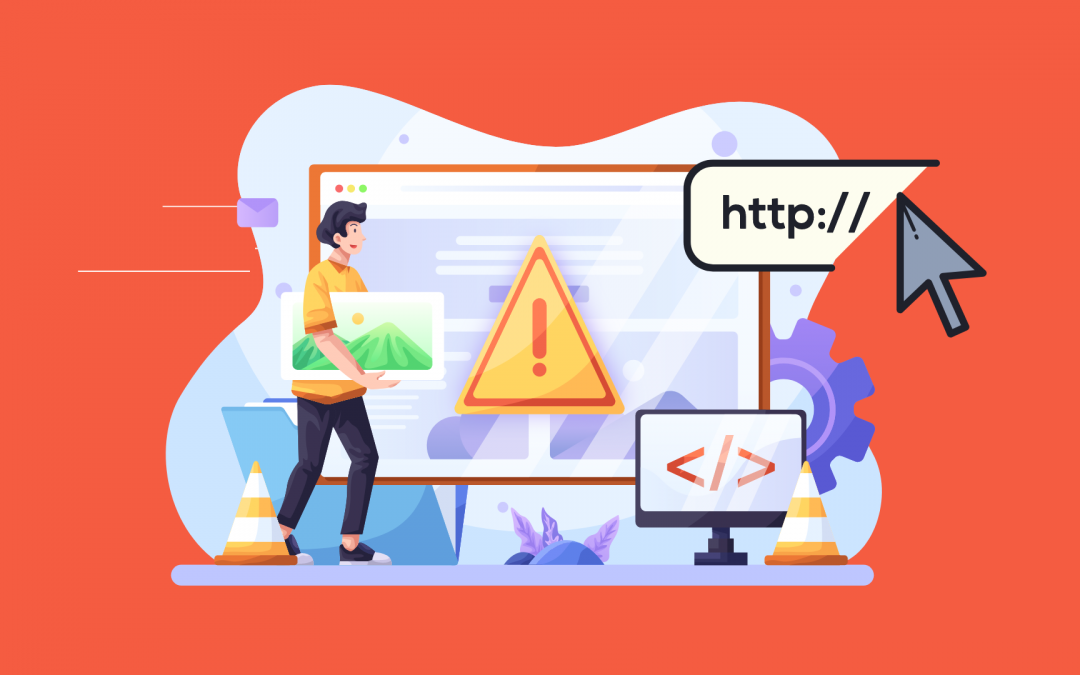Many business owners probably spend a lot of time and effort on their websites to rank highly in organic search results. While you are probably aware of all the key trends and events in your business, it is likely that you do not have a deep understanding of everything that goes into running a successful business. And this is particularly relevant in Digital Marketing. Although digital marketing is one of the most rapidly evolving fields, even the most technical, hardened professionals find it challenging to stay on top of it all. Did you know that each time someone searches on Google, the algorithm gets stronger? Here at Digital Bazaar, we develop websites for multiple industries. Hence, we have seen many digital marketing practices that affect the business.
In this week’s article, we will share a list of website issues that hindered your organic ranking.
1. Incorrect Sitemap

Search engines use sitemaps to determine which pages on your website are important and to guide their prioritisation. Sitemaps also provide information about pages. Such as when they were updated last and how often they are updated. And If there are any alternative language versions available. Make sure your sitemap is up to date before you update your website. To put It simply, your sitemap must be updated when you make changes to your website. Also, your sitemap will not reflect a shortening of the actual site address when the unnecessary www is removed from the URL.
2. Remove irrelevant pages

To maintain both authority and visits, it is suggested that you delete non-relevant pages. By deleting the page, you remove all link equity for that page, and this brings your viewers to an error 404 page (Page not found). When you delete a page, it will lead to a loss of ranking, which in turn will lead to a loss of organic search visibility. To sum it up, losing ranking means losing organic search visibility.
3. Ignoring Backlinks

In order to improve your organic search ranking, you should focus on two main aspects. Authority and Relevancy. ‘Relevancy’ is where you clearly convey to both search engines and users what your website has to offer. ‘Authority’ can be improved by implementing a well-thought-out link-building strategy. The term ‘backlinks’ refers to a link on another website pointing back to yours. Getting good backlinks isn’t the easiest, but when done right, it gives your site more authority and, thus, improves your organic search rankings. Currently, there are a large number of irrelevant backlinks associated with websites that make no sense and search engines now do not reward such authority. The important thing is to guard your high authority backlinks like they are your baby since they might very well be worth a lot from an enquiry-level perspective.
4. Leaving HTML optimisation unaddressed

The key here is to provide search engines with the right information by applying the correct SEO tags which effectively inform them of what your content is about. By categorising and indexing your pages, search engines can rank your pages more effectively. Your competitors will likely be favoured in ranking for the services you both offer if they have implemented some best practices tag optimisation to their site. The higher the rankings, the greater the number of inquiries.
Conclusion
The above technical issues are not overly discussed, yet they can be hindering the overall performance of your website. These are not the only mistakes that you should avoid, there are definitely many more common digital marketing mistakes that you should take note of. If you require any assistance with your marketing needs, contact us today to book your free marketing strategy session.




Recent Comments